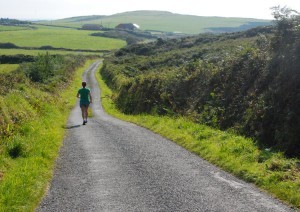Welcome to my blog
Grow & Scale A Business That Will Set You Free
Selfish Dreams
“I have a bone to pick with you.”
I had been stuffing my laptop back into its bag after the talk. I turned around and stared at the well-dressed gentleman in his mid-fifties. He had been in the audience on the right. His eyes drilled into me.
“Following your dreams is selfish,” said the man.
I had been speaking to a group of entrepreneurs and business folks about my new book, Journeys on the Edge: Living a Life That Matters. Its overarching message: live your dreams before the clock runs out. In my talk, I say that our dreams are the engines of our hearts.; that they reflect the essence of who we are; that we must live our dreams if we are to live at all.
“Well, I must respectfully disagree with you,” I said.
I was about to say that, if we are to live fully, deeply and well, we must pursue what brings us joy; that when we live in joy, we bring our best selves to the world. I was about to say that, in order to serve others well, we must first be whole and complete in ourselves.
But before I could get another word out, the man asked, “What about Beck Weathers? Weathers nearly died! Think of the hardship he caused his family, all because he dreamed of climbing Everest! How selfish can you be?”
Weathers, a pathologist, was involved in the ill-fated 1996 Everest debacle. Left for dead after a brutal storm high on the mountain, Weathers staggered back to high camp and was later airlifted in a daring high-altitude helicopter rescue. He lost his nose and parts of both feet.
I told my listener that the Weathers accident was unfortunate.
I wanted to tell him about my friend Chris whose life slipped away in my arms after a head-on motor vehicle accident on an ordinary Sunday afternoon on a clear stretch of road not far from where I live. I wanted to share with him the story that Joan Dideon tells about how her husband died as they sat down to dinner. “Life changes in an instant, in an ordinary instant,” she says. (And it does.)
I wanted to tell him that we cannot give what we do not have; that in order to share the fullness of life, we must first know the abundance of life; that in order to share joy, we must find joy; that in order to give love, we must first love ourselves; that in order to reflect peace, we must first know it in our hearts.
I wanted to tell him that life is short; that life is risky. But that even in the face of risk, we are challenged – indeed we are called – to make our lives extraordinary.
And to be extraordinary means expressing – and, yes, sharing – the very core of who we are in the world. Without compromise.
He was in a hurry though. He said his piece. And off he went.
Get your signed copy of Journeys on the Edge: Living a Life That Matters. Click HERE.
Time Is Money
What if money didn’t exist anymore? What if it was no longer the medium of exchange?
What if, instead of money, time was our currency?
This is the premise of the new Justin Timberlake movie, In Time.
In the movie, everyone who is born lives to age 25; and is then allotted just one more year. A clock, ingrained on each person’s forearm, starts counting down to zero.
Zero is the moment of death.
People earn more time by working. The harder and longer they work, the more time they earn. People expend time by buying groceries – and lattes. Time is traded between friends and loved ones. And stolen by thieves.
Such a commodity has time become that it is publicly traded on world exchanges.
People who have only a little time are poor. They live from minute to minute, day to day, barely getting by. The poor, those without time, rush about in frantic efforts to survive, hoping to scrape enough together to live another hour, or another day.
The rich have amassed great surpluses of time. They live palatial lives in walled cities, guarded carefully against the masses who threaten to overthrow their comfort and occupy their streets.
Time is controlled and manipulated. It favors the smart and the quick and those of the manner born. It is dominated by the powerful. The rich get richer; their years accumulating into decades and centuries.
For the poor, the clock runs out.
Even for a die-hard capitalist, In Time challenges significant assumptions and raises troubling questions: Shouldn’t everyone have equal access to time? Why should the “rich” have more time than the “poor?” Shouldn’t there be a redistribution of time so that everyone has an equal amount? Why should the few live long lives at the expense of those many who are less fortunate?
Of course, there are those who have worked long and hard for the time they have saved. They are rewarded for their tenacity and creativity,their intelligence and ingenuity. 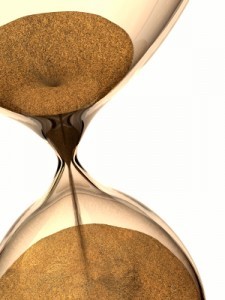
And then there are those who squander their time; and piss it away.
The movie forces us to confront the ultimate truth of our lives: money doesn’t really matter; time is our only currency.
It’s all we ever really have.
How we spend our time makes manifest our being in the world; it is our legacy.
At the end of the movie, Timberlake’s character is asked how much time he has left. He looks at the clock counting down on his arm and says, “Just a day. But think of what we can do in a day.”
Each day, a new gift.
Journeys on the Edge: Living a Life That Matters. Get your signed copy today. Click HERE.
The Pill That Cures Insanity
Weight-gain, diabetes, cardiovascular disease, anxiety, stress, sadness, depression, intra-family conflict, financial strife.
Yes, the holidays are here again!
The Christmas decorations have been out in Wal-Mart for over a month already. But it seems like after Halloween, time suddenly warps and accelerates. We’re sucked into a vortex of madness. And then spit out into the mid-January cold feeling exhausted and depleted and broke.
What worked well for you last year during the holidays? More important, what didn’t work? Did you spend too much? Eat too much? Drink too much? Did the office party leave you feeling empty and resentful again? Did you fight with your sister-in-law at the family dinner? Did you accept one too many invitations? Did you max out all the credit cards? Did you cook for hours only to have no one really notice or appreciate it? Did you rush around frantically trying to get it all done without enjoying any of it?
Here’s the scoop: If it didn’t work last year, you get to do it differently this year. You can make it the way you really want it to be, even if other folks may be offended or bent out of shape. You get to choose. You really do.
Just because its always been done in a certain way, doesn’t mean that it needs to be done that way again. And in case you haven’t noticed yet, there are no awards or medals handed out for spending yourself on the altar of societal expectation or being bullied into doing what you perceive others think you ought to do yet again. Especially if it doesn’t work for you. Especially if it doesn’t bring you joy.
The definition of insanity is doing the same things over and over expecting different results. This year, avoid insanity.
Here’s the pill that cures it all: say no.
Happy holidays!
Journeys on the Edge: Living a Life That Matters. Click HERE for your signed copy now.
The Good Word
Like moths drawn to a flame.
The earthquake in Turkey. A tsunami in Indonesia. The debt crisis in the U.S.; the Euro crisis in Greece. Iran wants the bomb. Unemployment is at 9%. Al Qaeda lurks. The environment is in peril. The Democrats are ruining the economy. The Republicans too.
We never have to go far to find bad news.
People love it. Many are drawn to it like moths to a flame.
News stations thrive on it. The starker, the more catastrophic, the better. And the more graphic, the more enthralled and fixated the doom mongers become.
It’s a waste.
I grew up in a household of worriers, worrying incessantly about what might go wrong, stewing in the grimmest of possible outcomes: the economy is sure to collapse, there won’t be enough money to pay the bills, the mole is sure to be cancer, the weather will be the worst it has ever been.
Seth Godin writes in his blog this week: “Worrying is not a useful output. Worrying doesn’t change outcomes. Worrying ruins your day. Worrying distracts you from the work at hand. You may have fooled yourself into thinking that it’s useful or unavoidable, but it’s not.”
The events of our lives have as much probability of turning out just fine as not. Worry is a waste.
The same can be said about bad news.
Bad news sucks our spirits, dims our hopes, dulls our sense of possibility.
Why fixate on the bad? There is so much good.
Seek what is good.
Seek out the good. Soak in it.
I have three practices I want to share and recommend for your consideration:
- Keep a gratitude journal. Every morning, as part of my journaling practice, I list a dozen or so things for which I am grateful. For example, my morning list might include: “I am grateful for my health.” “I am grateful for my home.” “I am grateful for the opportunities I have.”
- Make a “good things” list. And the end of the day, when I review everything that unfolded, I write down at least three good things from the day, things that went particularly well, things in which I found joy. The list might include the new client that came in the door, the wonderful dinner with good friends, or the magical dawn light on my morning run.
- Ask about what’s good. Most often, when we see someone we know, we ask, “How are ya?” This, of course, elicits a broad range of responses like “busy,” “hangin’ in there,” and “same shit different day.” Instead, consider being a herald of the good. I like to ask “What’s the good word?”
Joel Osteen, in his new book Every Day A Friday, writes, “Whatever challenges you face, whatever circumstances are weighing you down, you can choose your response. It’s not what happens to you or what you have or don’t have that is important; it’s how your mind is set and the decisions you make. How you live your life is totally up to you. It’s not dependent on your your circumstances. It’s dependent on your choices.”
What you focus on expands. Focus on the good.
______________________________
Walt Hampton’s new book Journeys on the Edge: Living a Life That Matters now available. CLICK HERE to order your signed copy.
Life Is Not A Marathon
It’s an Ultra!
It’s amazing how fast significant events can disappear into the rear-view mirror of our lives. It was nearly a month ago already that we ran the Vermont 50. Yet despite the passage of time, I keep realizing how many lessons I learned in the hills around Ascutney.
I used to think that life was like a marathon. I don’t think so anymore. Now I think it’s more like an ultra. Here’s why:
1. The need to take better care of ourselves.
There is no question that marathon training is difficult. And 26.2 miles is a long way to run. But it’s possible to run a marathon, get a bit dehydrated, allow yourself to get nutritionally depleted, and still walk away relatively unscathed.
Not so with an ultra. Over 50 or 100 miles, it is critical to attend meticulously to the needs of your body. You can’t afford to get dehydrated. It’s essential to continually monitor your electrolytes. You need constant fuel to go the distance. 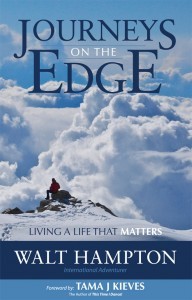
How easy it is to ignore our bodies in our lives. When I’m out speaking to groups on the message of Journeys, when I urge folks to be active participants in their lives, the familiar refrain I hear is: I’m too old, too overweight, too out of shape.
It is axiomatic that without our health we have nothing. And yet how cavalier we are with the care of the vessels that enable us to make manifest the very essence of who we are in the world.
Small tweaks in diet and exercise can transform how we feel about ourselves; and can transform our lives. At our ideal weights, we can sometimes feel like we can fly.
The death of Steve Jobs is a stark reminder that all of the fame and fortune and success and notoriaty on the planet cannot save us from consequences of ill health.
We need to care for our bodies well if we’re going to go the distance.
2. It’s about endurance not speed.
I remember being preoccupied in my marathon training about time. Would I finish sub-4? Would I have a “qualifying” time? Would I beat Ann? How fast could I be?
In an ultra, there is a lot more plodding. And for me, running 50 miles was not about the amount of time it took me; it was about being able to go the distance. Sure there was a time limit. But it mattered much less to me how fast I ran it than being able to cross the finish line.
We are constantly challenged by the need for speed in our lives with the constant barrage of emails and voicemails and status updates. Yet what really matters is our ability to persist.
Those of you who read me frequently know that I am a big fan of Darren Hardy’s metaphor of the hand pump, one of those old metal things you see at a campground. He says that when we engage in a big life project – at work, in school or in our creative lives – we need to make slow, steady, constant efforts toward our goal. As we continue “to pump the handle,” at first we see just a slow trickle of results for all our work. (If we stop, we need to start again.) But if we continue to pump steadily, eventually a huge torrent flows.
Jack Canfield says that even the mightiest tree in the forest can be felled with just five whacks of the axe each day, so long as we don’t give up.
Small consistent steps over time lead to magnificent results.
Persistence is the key.
3. We get to stop and re-group.
When I first started my distance training, I freaked out when Ann suggested that we stop and hydrate and have a snack. Stop? How can we stop? We’ve gotta run a race! We can’t stop! We’ll fall behind! Our muscles will seize up. All will be lost!
Well, in running ultra distances, there’s a lot of stopping.
We need to be a lot better about this in our lives. And I am guilty as charged! They say that we teach what we most need to know and this is a lesson that I need to constantly remind myself to follow.
We seem to think that busy means that we are productive. And this is not necessarily so. In fact, last week I wrote: busy is bad.
Busy will burn us out. And yet the world drives us forward. Our egos drive us forward.
How essential it is to stop. To reflect. To rest. To recreate. To think about where we’ve been; to consider where we’re going. To connect again with those we love; to connect with our essential selves; to connect with the ground; and with the Ground of All Being.
If we’re going to go the distance, we gotta to stop and regroup. Often.
4. We can suffer for a long time and still be ok.
Before I met Ann, I hadn’t run more than 8 or 10 miles. When I went out beyond 10 for the first time, I thought I was going to die.
As I extended the distances out, though, I discovered that the entire range of physical and mental feelings ebbs and flows; that there is a constant state of flux. I found that I could run 15 miles like the wind, 10 miles as if my legs were bound by piano wire; and another 5 as if I were a flowing river. All on the same run! And I discovered too that even if I were miserable for 20 miles, it could all change in an instant – and it would be ok.
In every day of our lives, we go through the range of emotions. Some affirmation from a co-worker will lift us up; the all-too-busy boss becomes a sure sign that we will lose our job; the ungrateful teenager enrages us; a smile from a passer-by makes our heart sing; our exhausted spouse hurls us into a lonely despair. Over and over again.
And we will be ok.
A relationship unwinds. A loved one dies. We have no idea whether the house will ever sell. Or whether our kid will get into school. Or whether there will ever be work again.
And we will be ok.
It is so easy to lose faith in ourselves; in our abilities; in our resiliance.
We shouldn’t. We can prevail. We will.
5. It’s a banquet, a really nice banquet.
On a short run, you start and you finish. In marathons, there are places to fill your water bottles every now and then. And perhaps pick up a package of Gu.
When I first started thinking about ultras, I was told that they were like running buffets or banquets. And they are!
Every 5 or 6 miles or so in an ultra, there are long tables of goodies: sandwiches and bananas and cookies and crackers and fruits and nuts and candies and gummies and all sorts of other fun stuff.
Life is like that: it’s a banquet. And we forget. We forget how good it is. We forget to stop along the way and peruse the table and fill our pockets and satisfy our hunger and our thirst. We hurtle forward, missing the majesty that lays before our eyes.
We miss the sunrises and the sunsets and the northern lights and the shooting stars. We miss our lover. We miss the child who wants to connect; the parent who wants to be remembered; the co-worker who needs a hug. We miss the garden and the fall colors and the fine wine and the bountiful harvest. And one day becomes the next.
And before you know it, the ultra is done.
Linger at the banquet. It’s ours to enjoy.
Journeys on the Edge: Living a Life That Matters Click here to get your signed copy now!
DOWNLOAD your FREE BOOK!
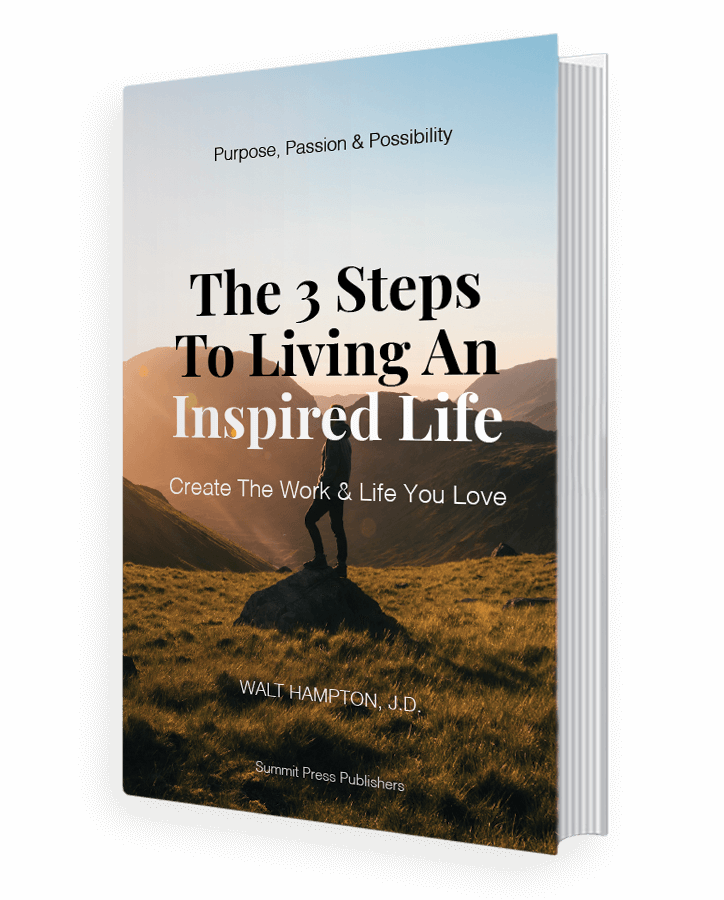
DOWNLOAD Your Free E-Book NOW! Click Below And Get Going!
Click below for your copy of Journeys!
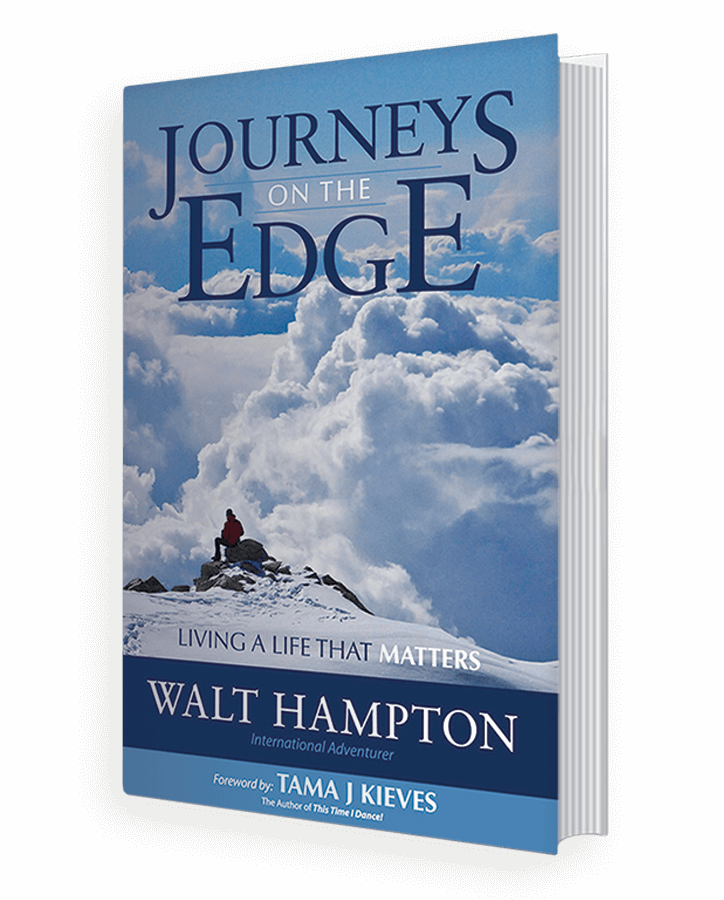
You’ll Get A Signed Copy!
Click on the button for your copy of my brand new book “The power principles of time mastery!”
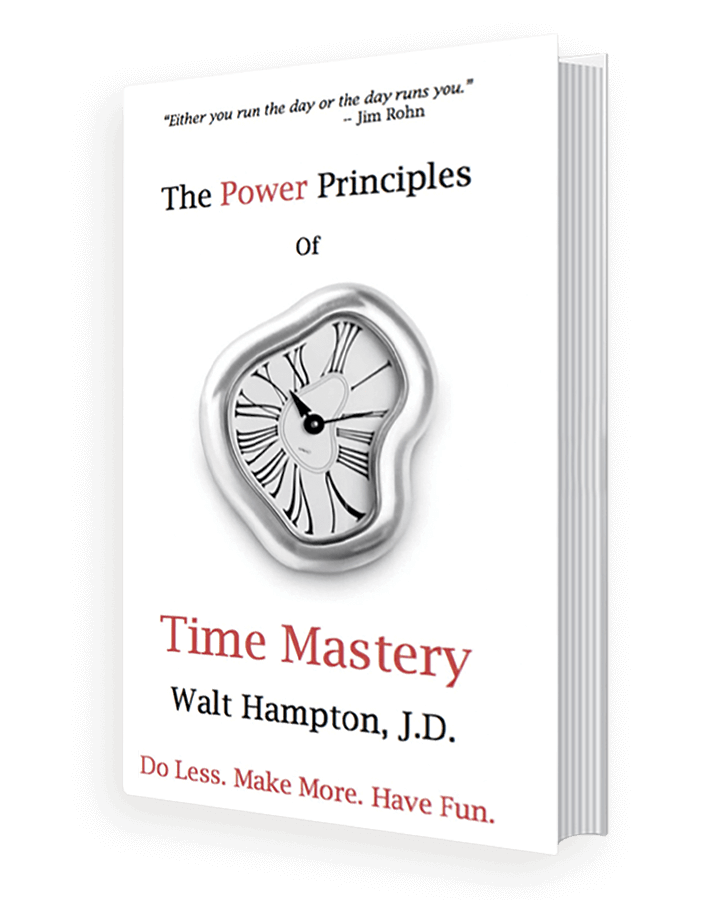
You’ll Get A Signed Copy!
Categories
Adventure
Finding The Way
Journeys
Leadership
Success
Ultra Training



